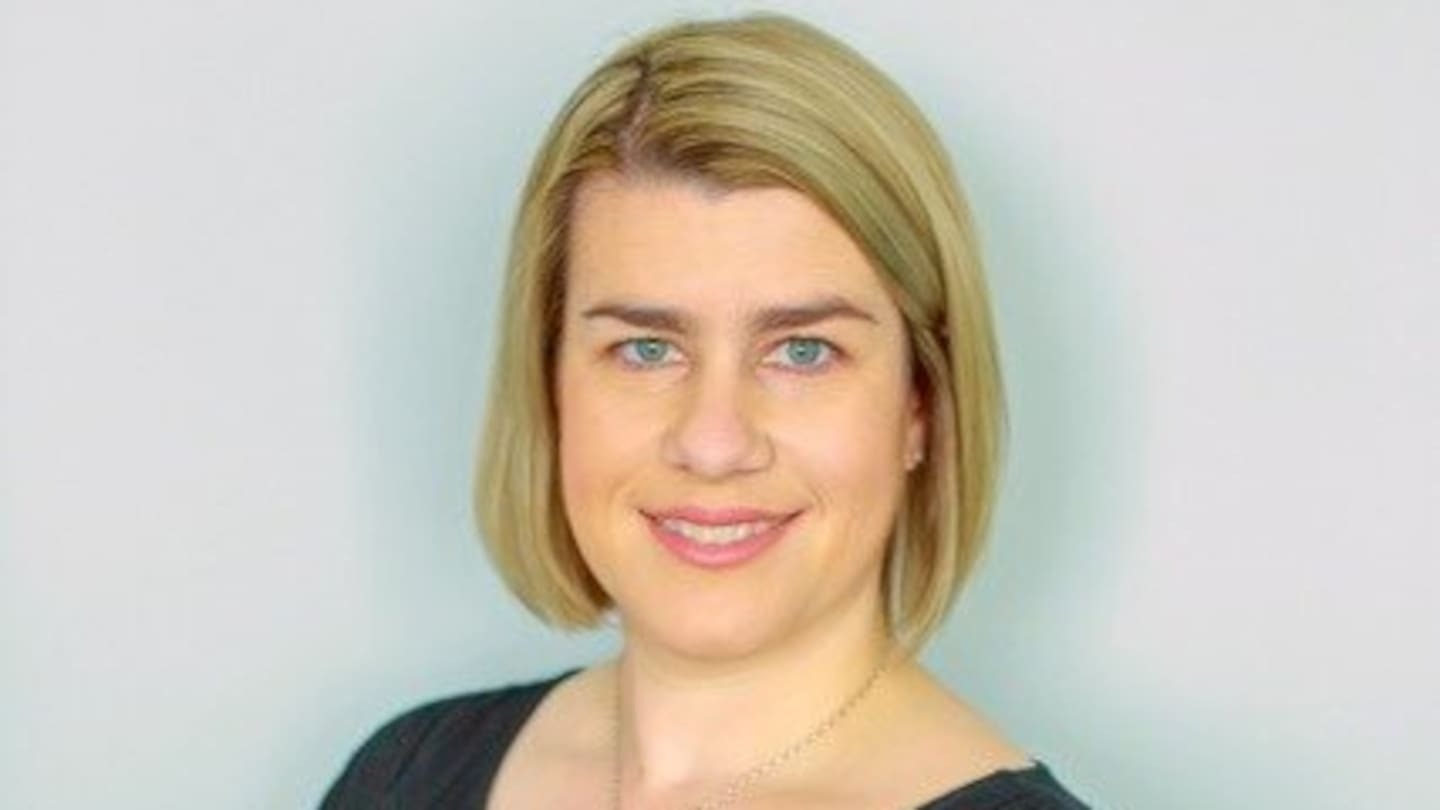Health
New Zealand Doctor Offers Hope for Fertility After Cancer

A pioneering surgery in New Zealand is providing young individuals a renewed chance at parenthood following fertility-threatening cancer treatments. Dr. Leigh Searle, the only physician in the country performing this innovative procedure, is dedicated to helping those who may otherwise lose their ability to have children.
This groundbreaking surgery primarily targets individuals born with ovaries who are about to undergo cancer treatment known to irreversibly damage fertility. Dr. Searle, who specializes in obstetrics, gynecology, and fertility, performs approximately 10-15 operations annually. She emphasizes the importance of this procedure, stating, “It involves doing a surgery for a young girl or person… which can irreversibly affect their future fertility.”
The surgery is particularly vital for patients facing treatments that carry a high risk of inducing early menopause, such as chemotherapy. In a minimally invasive keyhole procedure, Dr. Searle removes part or all of an ovary, which is subsequently sliced into smaller sections and frozen for future use.
Once the patient completes their cancer treatment and is ready to conceive, the frozen ovarian tissue can be reimplanted. This process triggers hormonal reactions that may allow the individual to start ovulating again. While this procedure is only available to those undergoing treatments likely to compromise their fertility, it can even be performed on infants, providing options for a wider range of patients.
Though egg or embryo extraction offers a higher success rate, it can only be conducted on individuals who have reached puberty. In contrast, ovarian tissue extraction serves as a viable alternative for younger patients. According to Dr. Searle, egg and embryo procedures boast a 40-80% success rate, whereas the grafting of ovarian tissue results in a 25-30% chance of achieving a live birth.
Other countries have been employing ovarian tissue extraction for years, with the first recorded live birth from the procedure occurring in 2004. Since then, an estimated 200 patients worldwide have welcomed healthy babies. Dr. Searle began her training in this technique in Melbourne approximately six years ago and brought her expertise back to New Zealand, where ovarian tissue extraction was permitted. However, the reimplantation of the tissue was not legal until 2021.
In New Zealand, the establishment of tissue freezing for young patients has advanced significantly since 2016. The lifespan of the reimplanted tissue is about two and a half years, allowing for flexibility in timing when patients are prepared to try for a child. Depending on individual circumstances, some may conceive naturally following the procedure, while others might still require in vitro fertilization (IVF).
Dr. Searle has observed a growing number of patients opting for ovarian tissue extraction at Starship Hospital. The reimplantation process has only recently begun, and as of now, there have been no local reports of live births resulting from this technique. Dr. Searle expresses the emotional significance of this procedure, stating, “It really gives people hope knowing that they have done something in the past to give them the opportunity to have their own genetic child.”
She encourages those facing a potential loss of fertility due to medical treatments to explore their options. “I just feel like it’s fantastic that we do have this option for people that otherwise would have no option,” Dr. Searle remarked. The surgery is currently funded for individuals under the age of 18 in New Zealand, highlighting the healthcare system’s commitment to supporting young patients during challenging times.
As this innovative approach continues to evolve, Dr. Searle remains dedicated to offering hope and opportunity to those navigating the complexities of cancer treatment and fertility preservation.
-

 World1 week ago
World1 week agoPrivate Funeral Held for Dean Field and His Three Children
-

 Top Stories2 weeks ago
Top Stories2 weeks agoFuneral Planned for Field Siblings After Tragic House Fire
-

 Sports3 months ago
Sports3 months agoNetball New Zealand Stands Down Dame Noeline Taurua for Series
-

 Entertainment3 months ago
Entertainment3 months agoTributes Pour In for Lachlan Rofe, Reality Star, Dead at 47
-

 Entertainment2 months ago
Entertainment2 months agoNew ‘Maverick’ Chaser Joins Beat the Chasers Season Finale
-

 Sports3 months ago
Sports3 months agoSilver Ferns Legend Laura Langman Criticizes Team’s Attitude
-

 Sports1 month ago
Sports1 month agoEli Katoa Rushed to Hospital After Sideline Incident During Match
-

 World3 weeks ago
World3 weeks agoInvestigation Underway in Tragic Sanson House Fire Involving Family
-

 Politics2 months ago
Politics2 months agoNetball NZ Calls for Respect Amid Dame Taurua’s Standoff
-

 Top Stories2 weeks ago
Top Stories2 weeks agoShock and Grief Follow Tragic Family Deaths in New Zealand
-

 Entertainment3 months ago
Entertainment3 months agoKhloe Kardashian Embraces Innovative Stem Cell Therapy in Mexico
-

 World4 months ago
World4 months agoPolice Arrest Multiple Individuals During Funeral for Zain Taikato-Fox




















